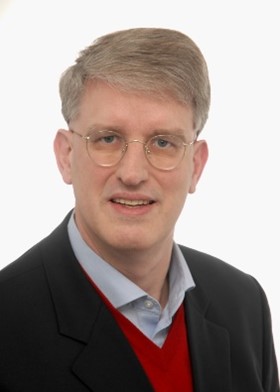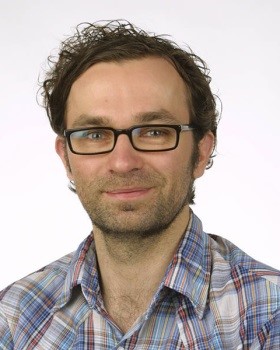February 3-7, 2024
Boston Convention and Exhibition Center
Boston, MA, USA


February 3-7, 2024
Boston Convention and Exhibition Center
Boston, MA, USA
High-content screening is a powerful technology platform for implementing functional cell-based assays that allow truly multi-parametric analysis in the physiological context of intact cells. This course provides an introductory level overview of the state-of-the-art components of HCS together with some showcases of high-content screens in industry and academia.
This course will provide:

Eberhard Krausz, Ph.D.
ChemBioCon
Wiesbaden, Germany
Eberhard Krausz, Ph.D. as a group leader in target validation and early drug discovery (oncology) for Evotec (France). Before Evotech, he co-founded VIB Discovery Sciences, has supported scientists and teams during various positions in industry (Tibotec, J&J/Janssen) and academia. He specializes in technology selection, target identification & validation, the development of physiologically relevant cell-based assays, screening and drug discovery. In 2003-2008, he led the central high-content screening labs at the Max Planck Institute in Dresden, Germany and before that held responsible positions in biotech industry at Cenix BioScience (Germany) and Cyclacel (Scotland, UK) dealing with RNA interference and drug discovery.
In his private time, Eberhard loves teaching courses under his brand name ChemBioCon and has been a SLAS Fellow member since 2022. He has been serving several committees and councils at SLAS.

Martin Stöter
Max Planck Institute of Molecular Cell Biology and Genetics (MPI-CBG), Dresden, Germany
Martin Stöter joined in 2006 the High-throughput Technology Development Studio (TDS) at the Max Planck Institute of Molecular Cell Biology and Genetics (MPI-CBG, Dresden, Germany) as a research scientist, where he was responsible for running large RNAi and chemical screening campaigns. Over the past years assay development, automated microscopy, image and data analysis of high-content screening projects have become his key expertise. Before, he has worked at the Leibniz Institute of Virology and the University of Ulm (both Germany). By training he is a biochemist (Ruhr University Bochum, Germany).